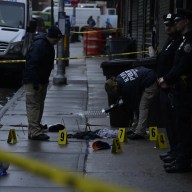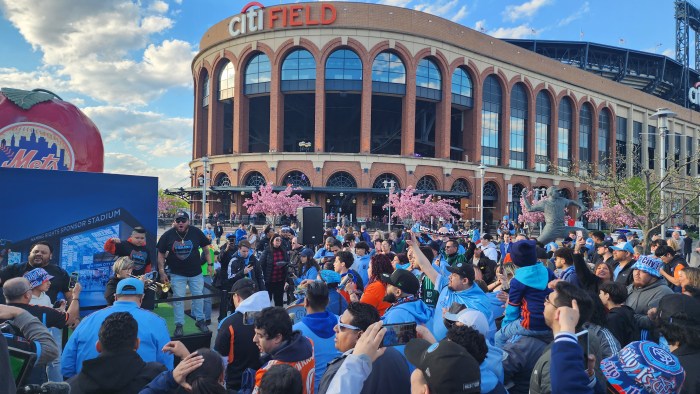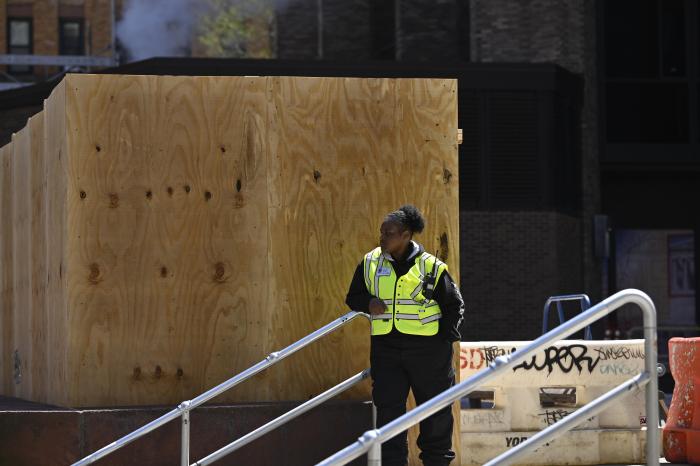By John Tozzi
But advocates said many workers still face resistance from a government reluctant at all levels to acknowledge that their symptoms are related to Sept. 11.About 40,000 workers were exposed to toxins after the World Trade Center collapsed, according to a study by the National Institute of Environmental and Health Sciences, and thousands more residents, students and others may have been exposed.Bush met with Borja's family Jan. 31 at Federal Hall in Lower Manhattan after pledging to fund a $25 million program at Mount Sinai Hospital and others that would test Sept. 11 responders for latent effects they may suffer from working at Ground Zero.Marianne Pizzitola, a benefits counselor for Local 3621, the Uniformed EMS Officers Union in Rego Park, said she sees trends of illnesses that may be 9/11-related, but the government does not yet acknowledge a link.In one week in January, Pizzitola said she noticed three members – all veterans of Ground Zero – who had symptoms of lupus and rheumatoid arthritis, diseases of the immune system in which antibodies attack the body's healthy cells. In other cases, such symptoms have been linked to exposure to asbestos, part of the mix of toxins in the dust of the towers.”These [state] epidemiologists have to study this and state formally that they believe that you can get these diseases as a result from the toxins you were exposed to at the World Trade Center,” she said.Patrolmen's Benevolent Association spokesman Albert O'Leary said Borja's retirement would be reclassified as a line-of-duty disability, making his family eligible for his full salary, but an ambiguity in the law must be corrected first to make it clear that the city and the state split the cost. Legislation to correct that is pending, he said.But other responders who fell ill are still waiting for their benefits.”There are many, many issues where there are employees who have illnesses that we believe are directly related to 9/11 exposure that have yet to get the benefits that we believe they are entitled to,” he said.Pizzitola said the government needs to make sure other responders get the treatment they need, and she said the $25 million that Bush allocated after Borja's case got national attention would not be nearly enough.”They've got to take responsibility for these people that are sick, because we helped get this city back on its feet and we helped get this city back up and running with the false sense of security that it was safe,” she said.Reach reporter John Tozzi by e-mail at news@timesledger.com or by phone at 718-229-0300 Ext. 174.
































